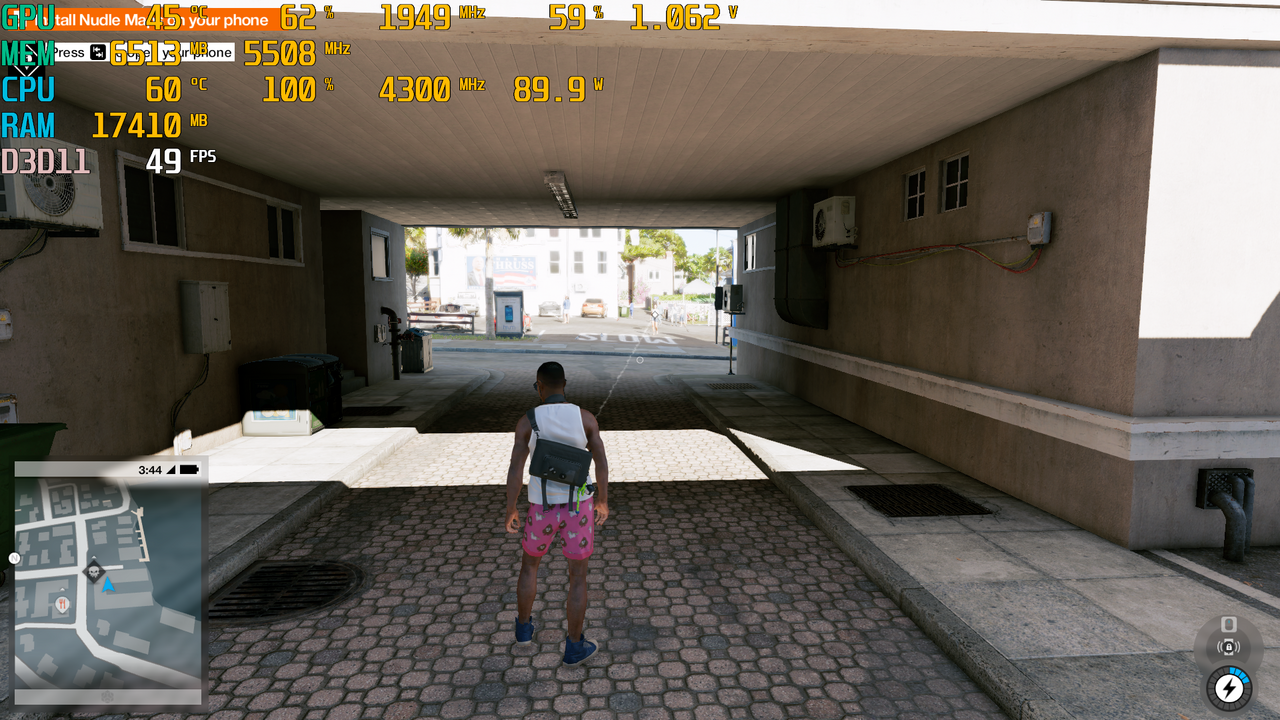Whether HT does or doesn't help in games, to me, is less of the issue that it helps in everything else. My 4690k is getting a bit long in the tooth. Even first-time loading up my browsers after a new boot sees 80-90% usage on 4 cores. Loading up specific games pegs it at 99% just trying to read/load files. My next CPU will likely be the Ryzen 2600 (if I can afford it before Zen 2 officially arrives), just to help with daily tasks/general usability.
It also ensures I have cores to spare for programs I May have running in the background. most videos/benchmarks will show you how they run with JUST those games running and barely anything else. What if I have some music going? A browser on the side, Discord up and running. I think it helps to have HT (or SMT, whatever) in general, and if the game can utilise it, great! Better to have it than not in a lot of cases.
That said, I still think for 'gaming only' 4-6 cores (without HT/SMT) are solid enough for 95% of people, but there's definitely a tangible difference overall with the extra threads.
It also ensures I have cores to spare for programs I May have running in the background. most videos/benchmarks will show you how they run with JUST those games running and barely anything else. What if I have some music going? A browser on the side, Discord up and running. I think it helps to have HT (or SMT, whatever) in general, and if the game can utilise it, great! Better to have it than not in a lot of cases.
That said, I still think for 'gaming only' 4-6 cores (without HT/SMT) are solid enough for 95% of people, but there's definitely a tangible difference overall with the extra threads.
![[H]ard|Forum](/styles/hardforum/xenforo/logo_dark.png)
